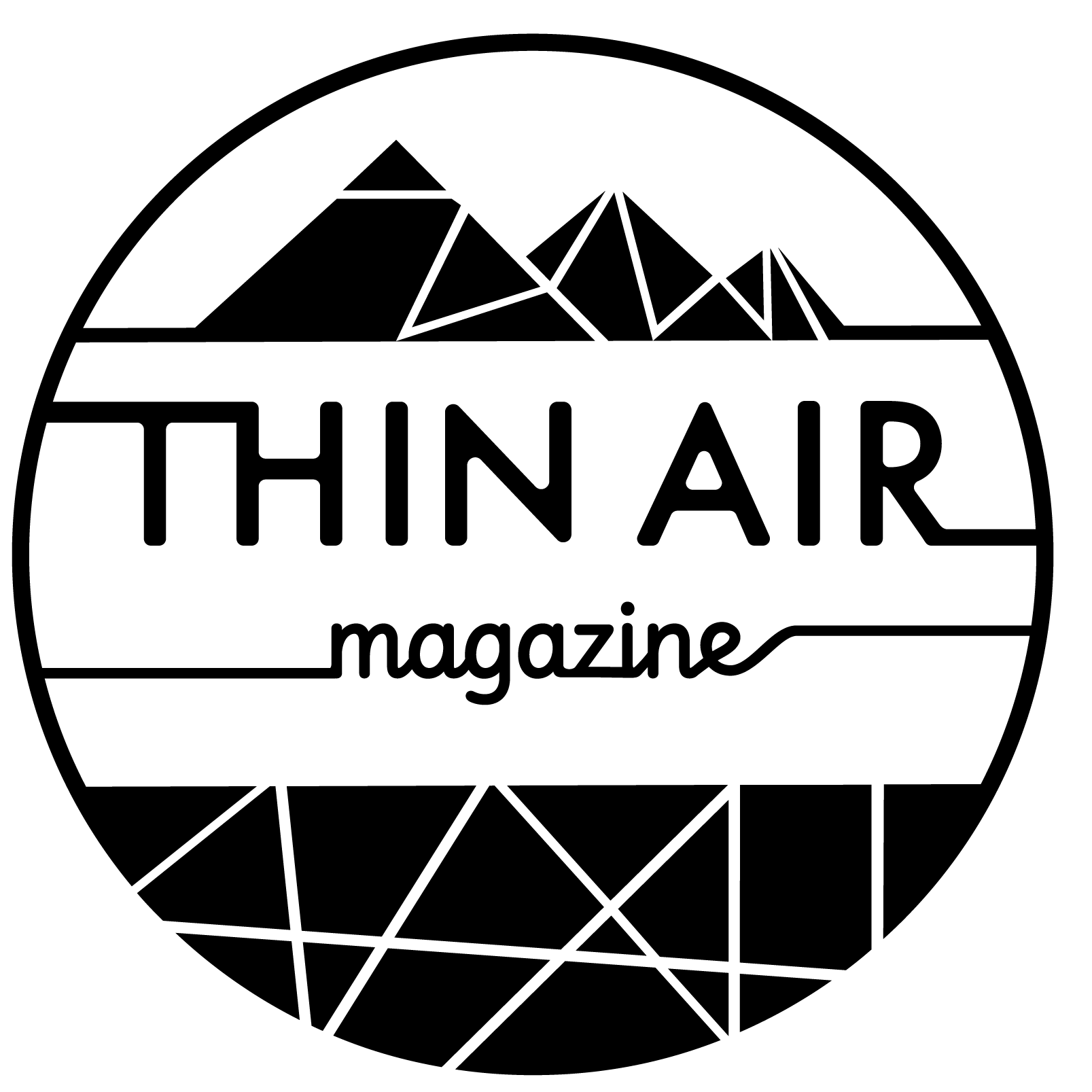Opportunities abound for writers of all kinds in mid-November’s contest deadlines. Prizes with deadlines of November 15 include awards for debut poets, for women writers, and for nonfiction writers who can capture the spirit of Brooklyn on the page. Most offer a cash prize of $1,000 or more; one prize includes travel and lodging expenses to attend the Writers Digest Annual Conference in New York City.
Brooklyn Film & Arts Festival Brooklyn Nonfiction Prize: A prize of $500 and publication on the Brooklyn Film & Arts Festival website is given annually for a work of nonfiction that is set in Brooklyn, New York, and renders the borough’s “rich soul and intangible qualities through the writer’s actual experiences of Brooklyn.” Entry fee: None.
Nightboat Books Poetry Prize: Up to three prizes of $1,000 each and publication by Nightboat Books are given annually for poetry collections. The editors will judge. Entry fee: $30.
Perugia Press Poetry Prize: A prize of $1,000 and publication by Perugia Press is given annually for a first or second poetry collection by a writer who identifies as a woman. Entry fee: $30.
Pushcart Press Editors’ Book Award: A prize of $1,000 is given occasionally for a fiction or nonfiction manuscript that has been rejected by a commercial publisher. The award recognizes “worthy manuscripts that have been overlooked by today’s high-pressure, bottom-line publishing conglomerates.” Entry fee: None.
The Story Prize: A prize of $20,000 is given annually for a short story collection written in English and first published in the United States in the previous year. Two runners-up will receive $5,000 each, and one entrant will receive the $1,000 Story Prize Spotlight Award, given for a collection that merits further attention. Larry Dark and Julie Lindsey will select the three finalists and the Spotlight Award winner; three independent judges will choose the Story Prize winner. Entry fee: $75.
Washington Writers’ Publishing House Poetry and Fiction Prizes: Two prizes of $1,500 each, publication by Washington Writers’ Publishing House, and 50 author copies are given annually for a poetry collection and a short story collection or novel. Writers who live in Washington, D.C., Maryland, or Virginia are eligible. Entry fee: $25.
Writers’ Digest Short Short Story Competition: A prize of $3,000 and travel and lodging expenses for a trip to the Writer’s Digest Annual Conference in New York City is given annually for a short short story. A second-place prize of $1,500 is also awarded. The winners will both be published in Writer’s Digest. Entry fee: $25 (or $30 for entry by December 15).
Yale University Press Yale Series of Younger Poets: An award of publication by Yale University Press is given annually for a poetry collection by a poet who has not published a full-length book of poetry. Carl Phillips will judge. Entry fee: $25.





